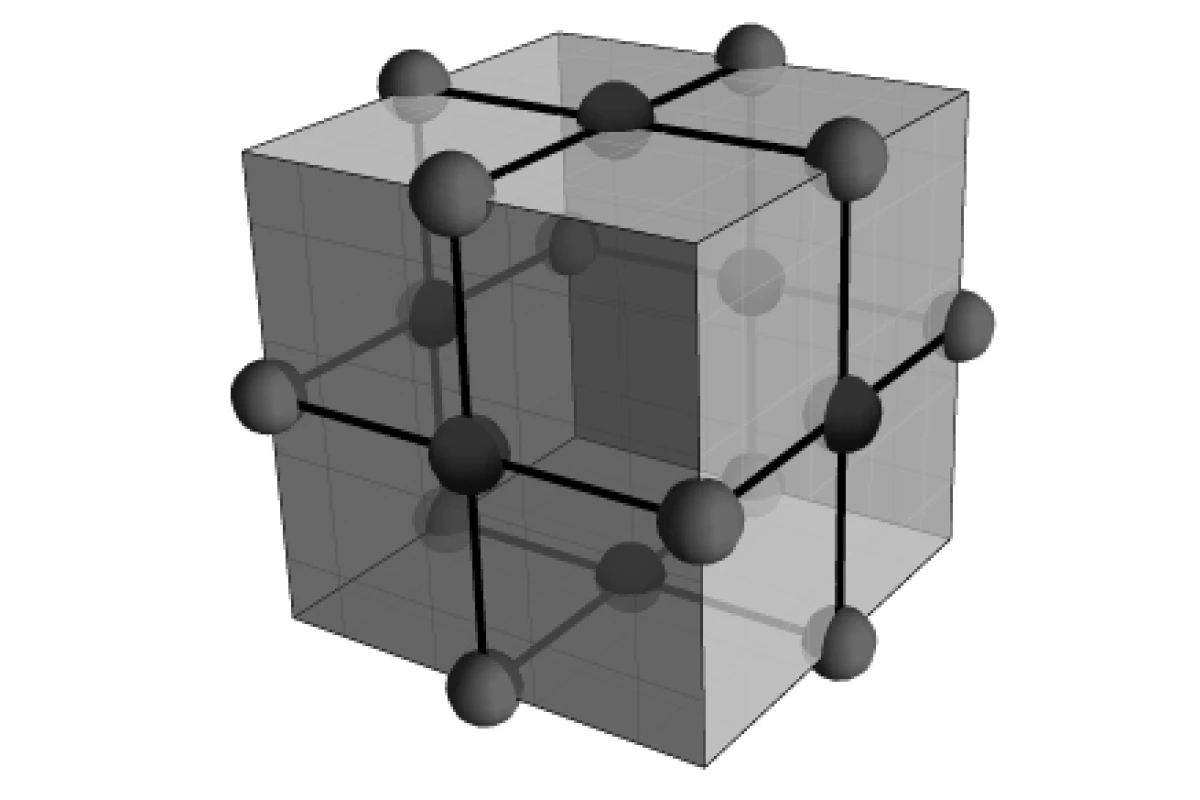The strange behavior of quantum particles that gives quantum computers such potential also has its pitfalls. One of these is the loss of information through atomic particles escaping the system, but a new study has found that this may not be as big a problem as first thought.
Researchers have discovered that quantum systems may have the ability to infer lost information much like you and I do when talking to a friend on a poor mobile phone connection.
Dr Sean Barrett from the Imperial College London and Dr. Thomas Stace from the University of Queensland in Brisbane, have designed a quantum computer that could theoretically remain functional even if 25 percent of its atomic building blocks (known as quantum bits or "qubits") go missing in action. This is achieved by using a system of "error-correcting" code that looks at the context of the remaining qubits to decipher the missing information correctly.
“Just as you can often tell what a word says when there are a few missing letters, or you can get the gist of a conversation on a badly-connected phone line, we used this idea in our design for a quantum computer,” said Dr Barrett. “It’s surprising, because you wouldn’t expect that if you lost a quarter of the beads from an abacus that it would still be useful.” Before the theory can be tested in a lab, quantum computers with a large number of qubits need to be built – experiments to date have involved just two or three qubits.
“We are still some way off from knowing what the true potential of a quantum computer might be," Barrett said. “At the moment quantum computers are good at particular tasks, but we have no idea what these systems could be used for in the future. They may not necessarily be better for everything, but we just don’t know. They may be better for very specific things that we find impossible now.”





